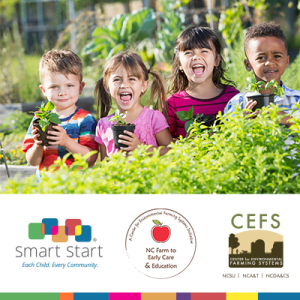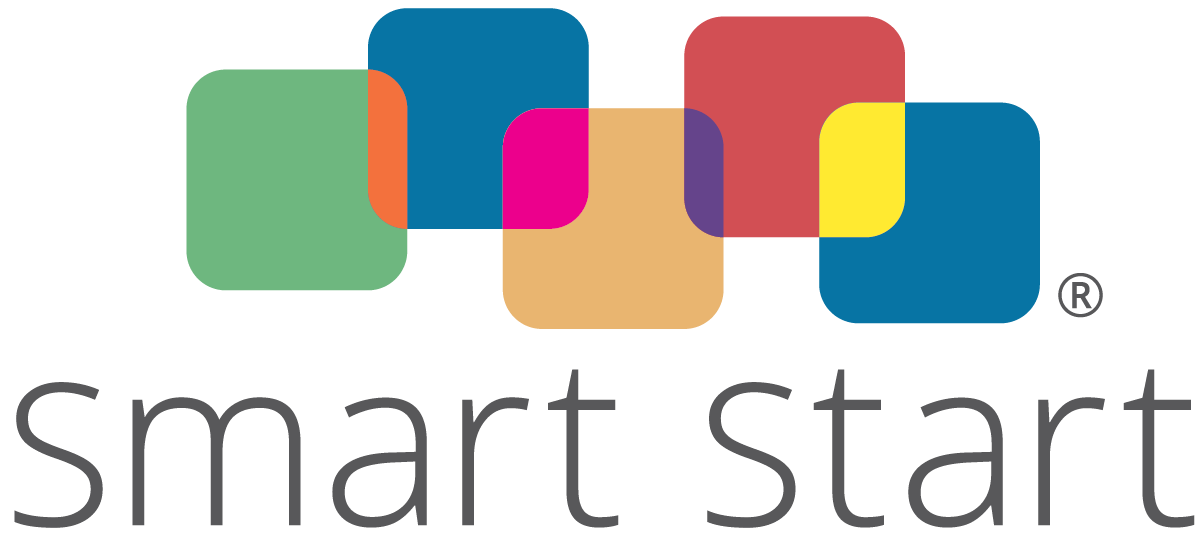Smart Start Local Partnerships to Continue Farm to Early Care and Education Work
According to the U.S. Department of Agriculture, more than 38 million Americans, including 12 million children, were food insecure in 2019. In North Carolina, 1.4 million people are food insecure, including 419,470 children, according to Feeding America.
COVID-19 has only exacerbated food insecurity. Feeding America estimates that, due to the pandemic, more than 42 million people, including 13 million children, have experienced food insecurity as of 2021.
 The Center for Environmental Farming Systems (CEFS) has been working to address food insecurity through collaborations with Smart Start local partnerships and child care centers. Since 2016, they have been using an inclusive, participatory approach to convene cross-sector teams in communities of practice to identify replicable Farm to Early Care and Education procurement models, provide technical assistance to child carecenters on purchasing local food and conduct experiential learning.
The Center for Environmental Farming Systems (CEFS) has been working to address food insecurity through collaborations with Smart Start local partnerships and child care centers. Since 2016, they have been using an inclusive, participatory approach to convene cross-sector teams in communities of practice to identify replicable Farm to Early Care and Education procurement models, provide technical assistance to child carecenters on purchasing local food and conduct experiential learning.
CEFS has been awarded funding from the U.S. Department of Agriculture to continue working on strengthening the viability and resilience of regional food economies. The main food-related challenges that child care facilities face are smaller purchase volumes (due to smaller serving sizes and enrollment) and a decentralized purchasing and delivery system.
CEFS will extend their existing partnerships to explore models of local food procurement that aggregate demand to address these challenges. These local partnerships are the Down East Partnership for Children in Nash and Edgecombe counties, the Partnership for Children and Families in Lee County, the Partnership for Children of Wayne County, and the Wilkes Community Partnership for Children. The grant will address high child food insecurity rates by implementing four innovative procurement strategies:
- collaborative purchasing among childcare centers;
- working with caterers that serve multiple centers;
- collaborating with K-12 school districts; and
- selling to the families of enrolled children.
Successful strategies will promote regional collaboration, coordinate menu development, and address delivery logistics.
This grant and the continued partnership is another step towards reducing childhood hunger in North Carolina and supporting child care facilities in helping children and families


